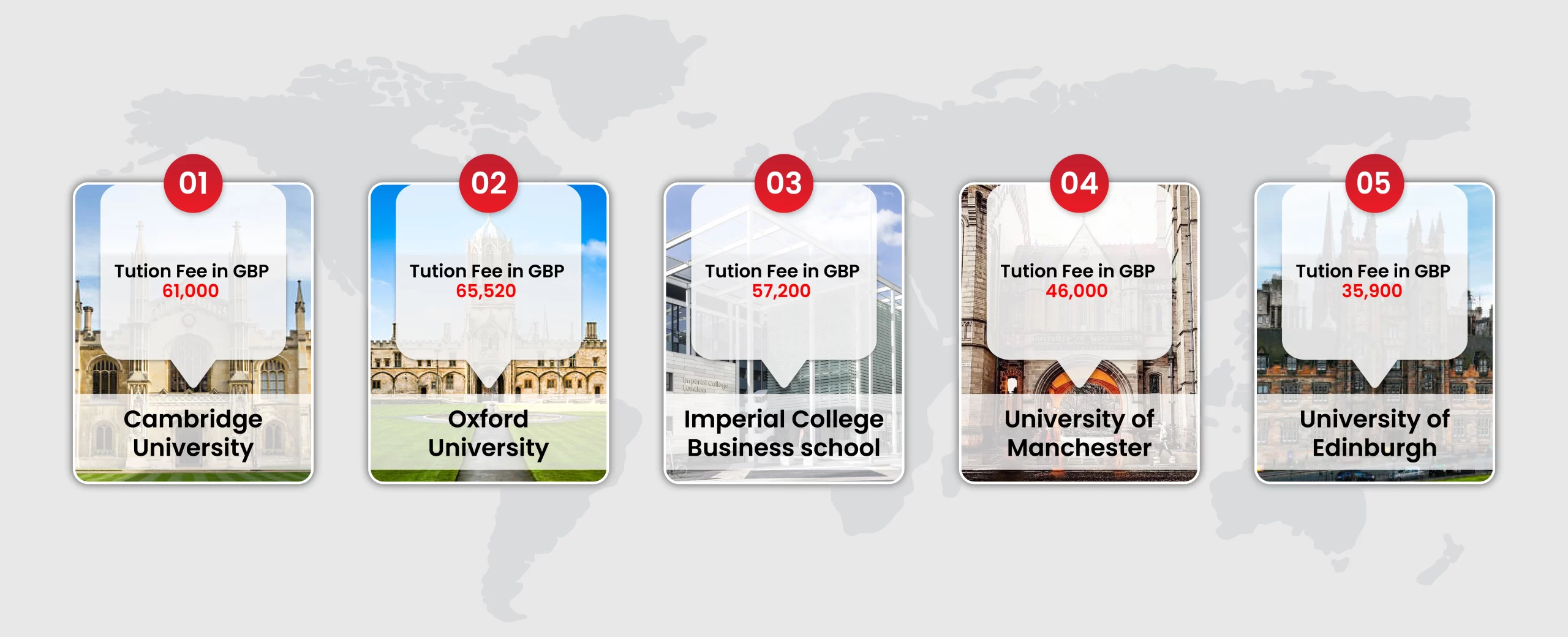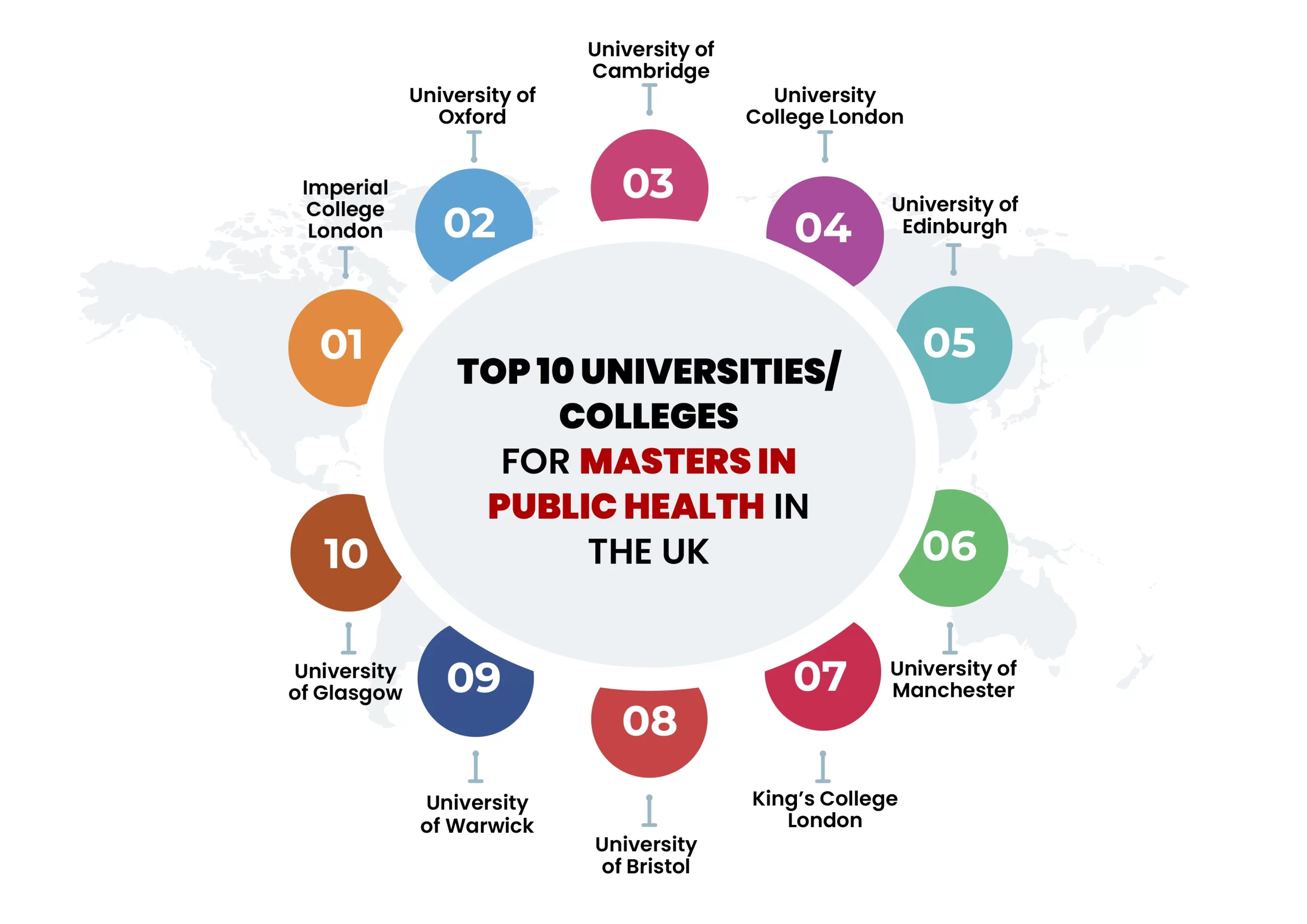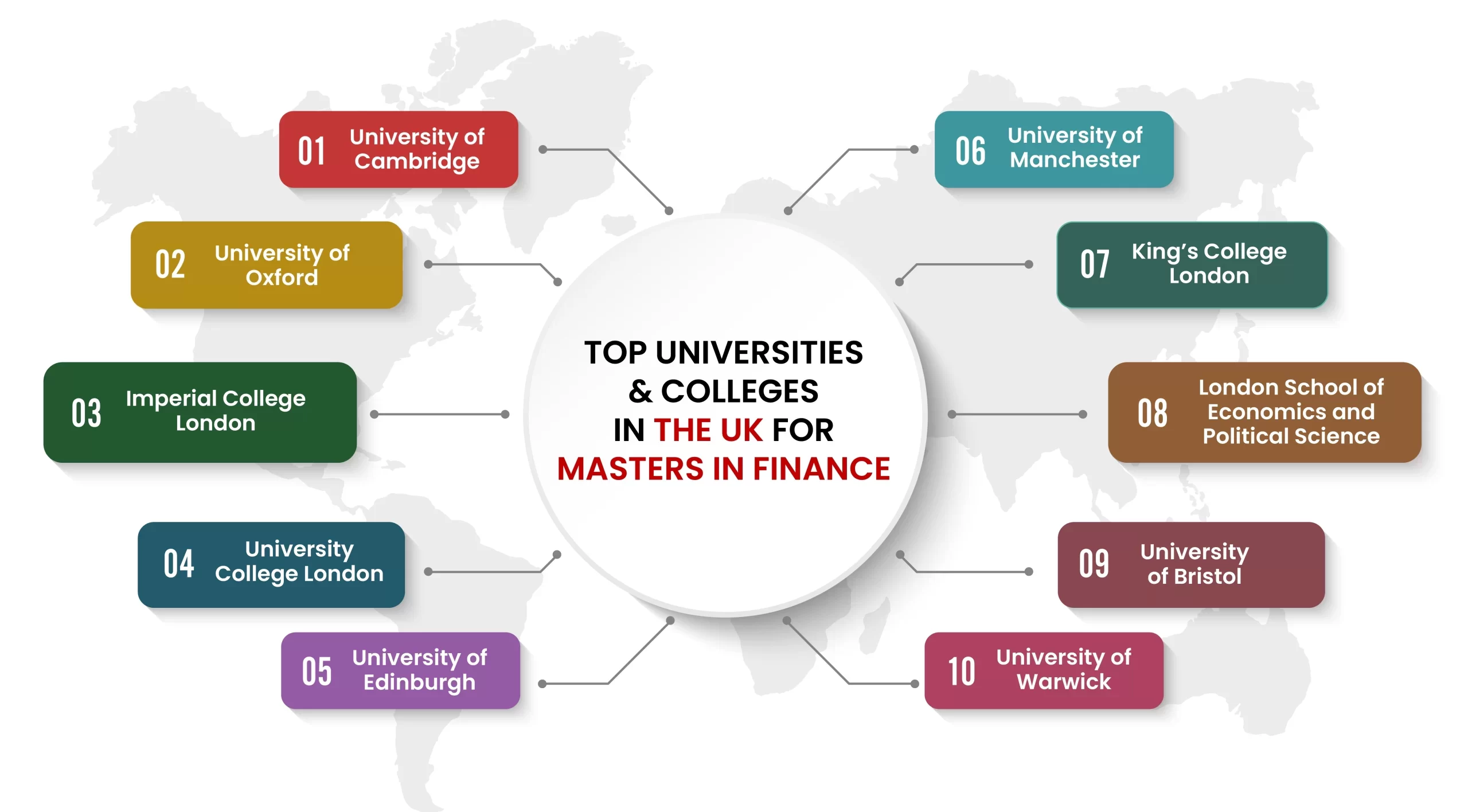International students from all over the world choose the MBA in UK as one of the top courses. The educational system in the United Kingdom is well-known for its excellence, ability to provide students with the necessary skills. The number of students migrating to the UK for MBA is already on the rise, and the figures have been increasing over the last few years. Additionally, there are different specializations in MBA such as MBA in Finance, MBA in Public Relations, MBA in Human Resource etc.
Table of Content
1Why MBA in UK2Top Universities in UK for MBA3MBA Requirements in UK4MBA Fees in UK5Scholarships for MBA in UK6MBA Salary in UK7Frequently Asked Questions
Why MBA in UK
The United Kingdom is home to some of the world’s most prestigious MBA programs, recognized by all big global league tables. Moreover, the opportunities available for MBA graduates from the UK is immense. Let us look into more compelling reasons to pursue studies in the UK:
Renowned University: The UK is home to numerous study institutions which are top ranked. These include Cambridge, Oxford, Imperial College London, which provides world class education.
Global Curriculum: The UK education system offers education which is highly recognised and equips students to tackle the international business domain.
Multicultural environment: Over 65 % of students in the UK who are enrolling for MBA are international students which allows a diverse student community.
Competitive tuition fee: The tuition fees for MBA in UK matches those in the US and other countries, which provides lower financial burden with high quality of education.
Top Universities in UK for MBA
The MBA in the UK usually takes one year, which is the major reason for international students to fly in flocks to the UK. Another major reason is the availability of numerous Universities in the UK providing courses under various specializations and offering world class education. The UK is home to some of the oldest universities like:
1. University of Oxford
2. University of Warwick
3. University of Cambridge
4. University of Edinburgh
5. University of Aberdeen
University of Oxford is one of the oldest universities, founded in 1096. They have one of the top MBA programs and offers education on business principles and equip students with strategic skills.
University of Warwick is another institution which works towards making your career as a business professional. They provide MBA under numerous specializations.
University of Cambridge focus on providing transformative knowledge with expert guidance through top notch faculty members and external speakers.
University of Edinburgh offers MBA courses which is designed to build next generation strategic leaders. They offer Full time MBA, Executive MBA, Online MBA which are tailored to meet the demands of the industry.
University of Aberdeen is a renowned university that offer MBA program that is globally recognized and designed to develop the students leadership skills.
MBA Requirements in UK
There are certain eligibility criteria and requirement for international students applying for MBA in UK. Given below are the requirements and eligibility applying for MBA.
Eligibility Criteria
The eligibility criteria for MBA programs in the UK may differ varying upon the university and course duration. However here are some basic eligibility criteria for MBA admissions are:
- Bachelor’s degree
- GMAT score
- English Proficiency
- Work Experience
- Passport & Visa
Bachelor’s degree – Every candidate must have completed their bachelor’s degree from a recognised institution with more than 60%.
GMAT/GRE: The applicants must have a decent mark in GMAT/GRE. The scores for GMAT varies depending on the university you choose. The scores needed are:
- GMAT- 650 and above
- English Proficiency- Being an English-speaking country, the admission for MBA programs demand language proficiency to help them easily interact in an international country. The required scores are:
- IELTS- 6.0 – 7.5
- TOEFL- 110
Work Experience- Work Experience of 3 years is usually preferred for MBA program by the UK universities. This is not a mandatory requirement.
Passport & Visa- Passport is an important document for abroad studies. Additionally, students must pay a visa fee of GBP 363 (INR 37800) for visa application.
Documents Required
The documents necessary for your student visa to pursue MBA in UK are:
- Application form: You need to fill in the application from of the university with all your educational and personal information.
- Academic details: Transcripts of your previous education.
- Bachelor’s Certificate: Proving that you have completed your undergrad studies
- Resume/ CV: Details regarding your occupation (if any) showing your skills, work experience etc.
- LOR: Letter of recommendation is a written document from your professors or employer validating your qualification and character.
- GMAT score: This is a standardised test score that some universities require.
- Language Proficiency: English language proficiency like IELTS, TOEFL etc is a requirement for admissions in the UK.
N.B: GMAT is not required for some Universities.
Some Universities/collages provide IELTS waiver.
MBA Fees in UK

The tuition fee for MBA in UK can vary depending on the choice of your institution. On an average the tuition fee ranges from 30000 GBP- 80000 GBP. The below table shows the tuition fee in different universities.
| Name of the University | Tuition Fee (GBP) |
|---|---|
| Cambridge University | £61,000 |
| Oxford University | £65,520 |
| Imperial College Business School | £57,200 |
| University of Manchester | £46,000 |
| University of Edinburgh | £35,900 |
Scholarships for MBA in UK
MBA in UK offers huge scholarship options for international students depending on their academic brilliance. These can be partially funded to fully funded scholarships. Some of the scholarships for Indian students are listed below:
| Name of the Institution | Scholarship | Amount Awarded |
|---|---|---|
| London Business School | London Business School Fund Scholarship, BK Birla Scholarship | Up to full fees |
| Cambridge Judge Business School | St. Catherine’s Benavitch Cambridge MBA Scholarship | GBP 10,000 INR 10,66,520 |
| University of Edinburgh | Victor H. Loewenstein Scholarship | GBP 5,000 INR 5,33,260 |
| Imperial College London | GMAT Excellence Award | GBP 5,350 INR 5,70,590 |
MBA Salary in UK
The career prospects after completing MBA in UK are highly rewarding and competitive. There are numerous career options to choose from in the UK which allows you to explore your skillset and equip with a holistic understanding of the international work atmosphere. Here are some of the job roles and expected salary after MBA courses in the UK.
| Job Title | Top Recruiter | Average Salary/Year (INR) |
|---|---|---|
| Financial Analyst | PWC, Deloitte, EY | 29.01 lakhs – 53.04 lakhs |
| Management Consultant | EY, McKinsey & Company | 68.45 lakhs – 102.45 lakhs |
| Operations Manager | Amazon, Tesco, Accenture | 65.45 lakhs |
| Marketing Manager | Amazon, HSBC, Unilever | 62.33 lakhs |
| Human Resource Officer | HSBC, Accenture | 56.45 lakhs |
So, if you are someone planning to pursue MBA in UK, Contact CanApprove for more information on the requirements. We are the best overseas education service providers that can help you with the international education process. Our team of education experts deliver you the best service and will guide you through the complete process.











 Let’s look at the Permanent Residence pathways in the 4 best countries to study abroad!
Let’s look at the Permanent Residence pathways in the 4 best countries to study abroad!



